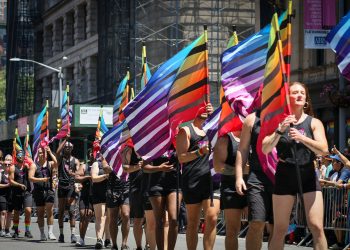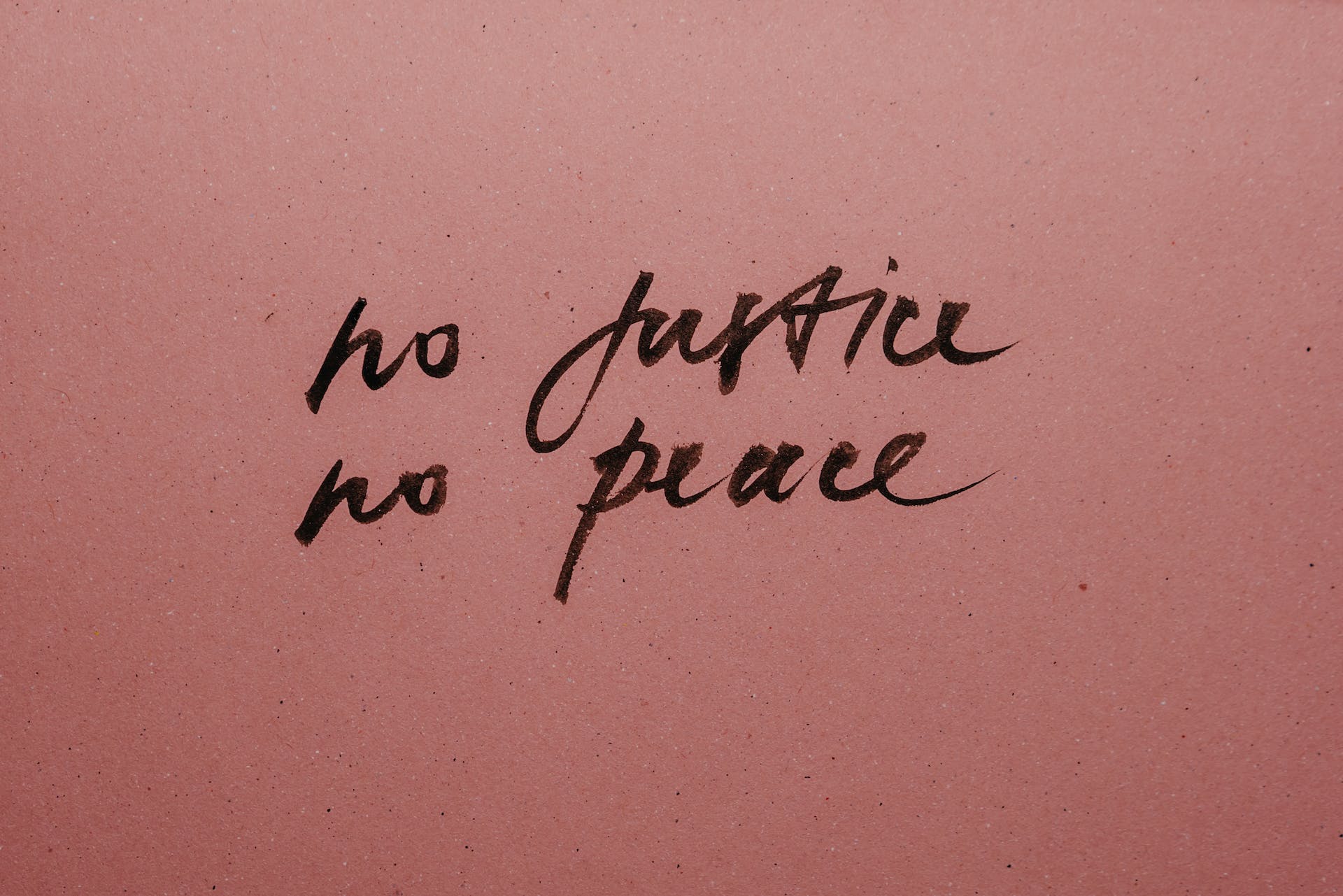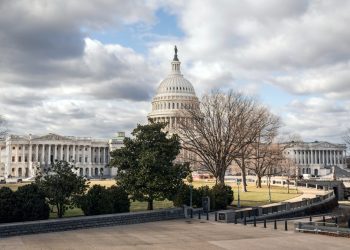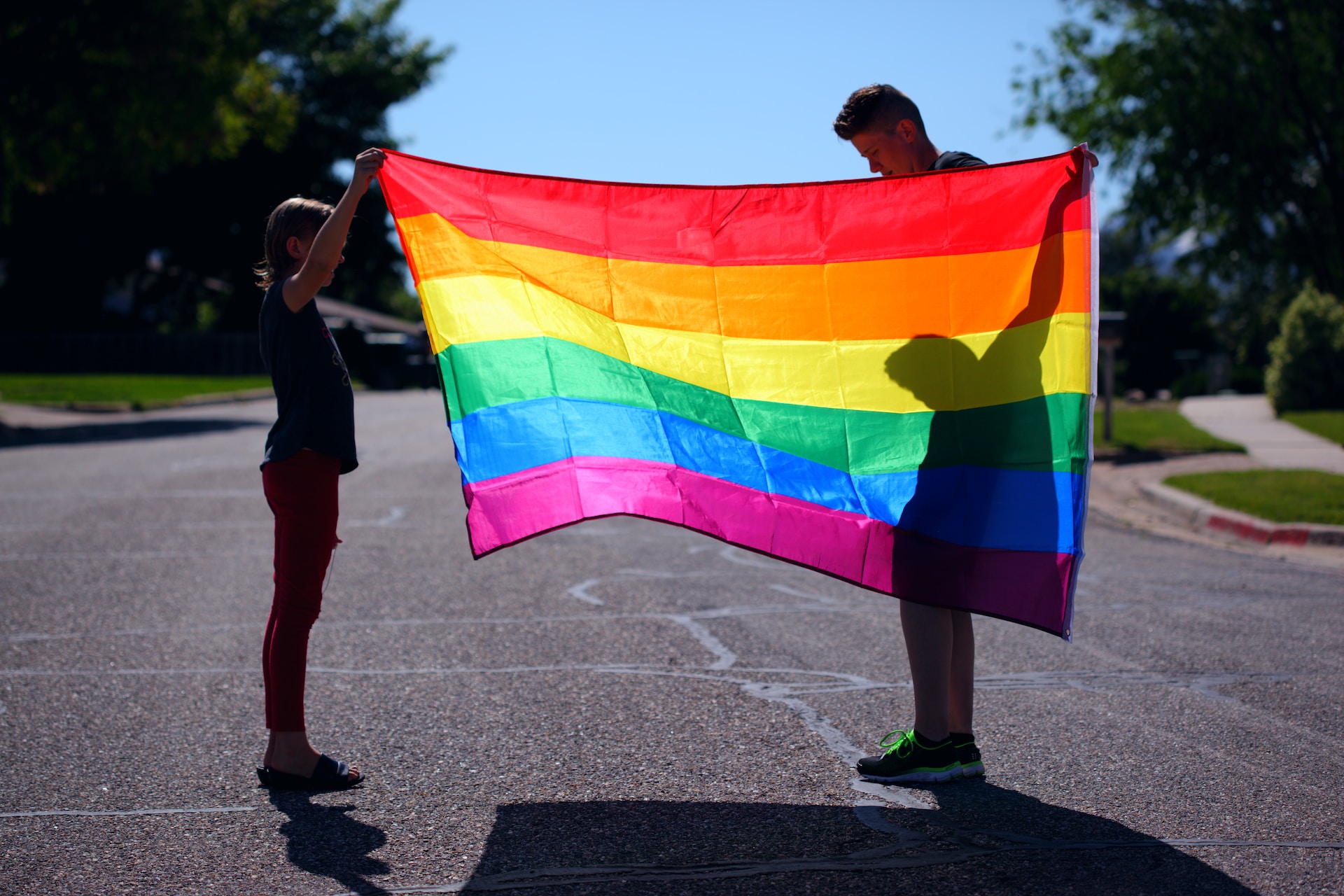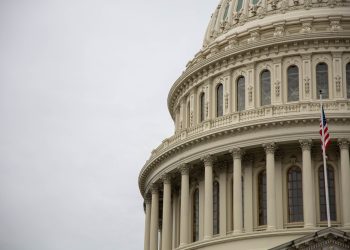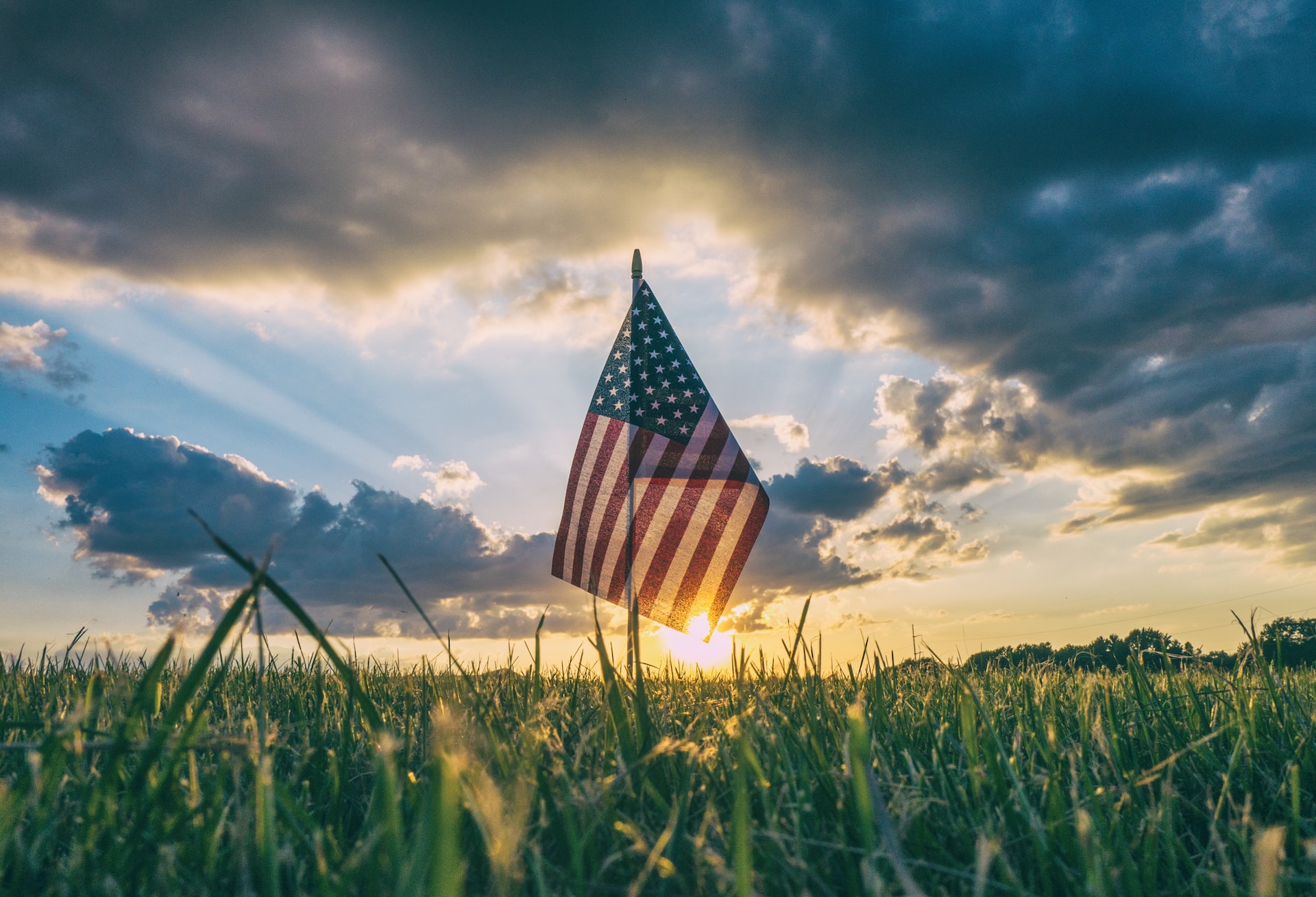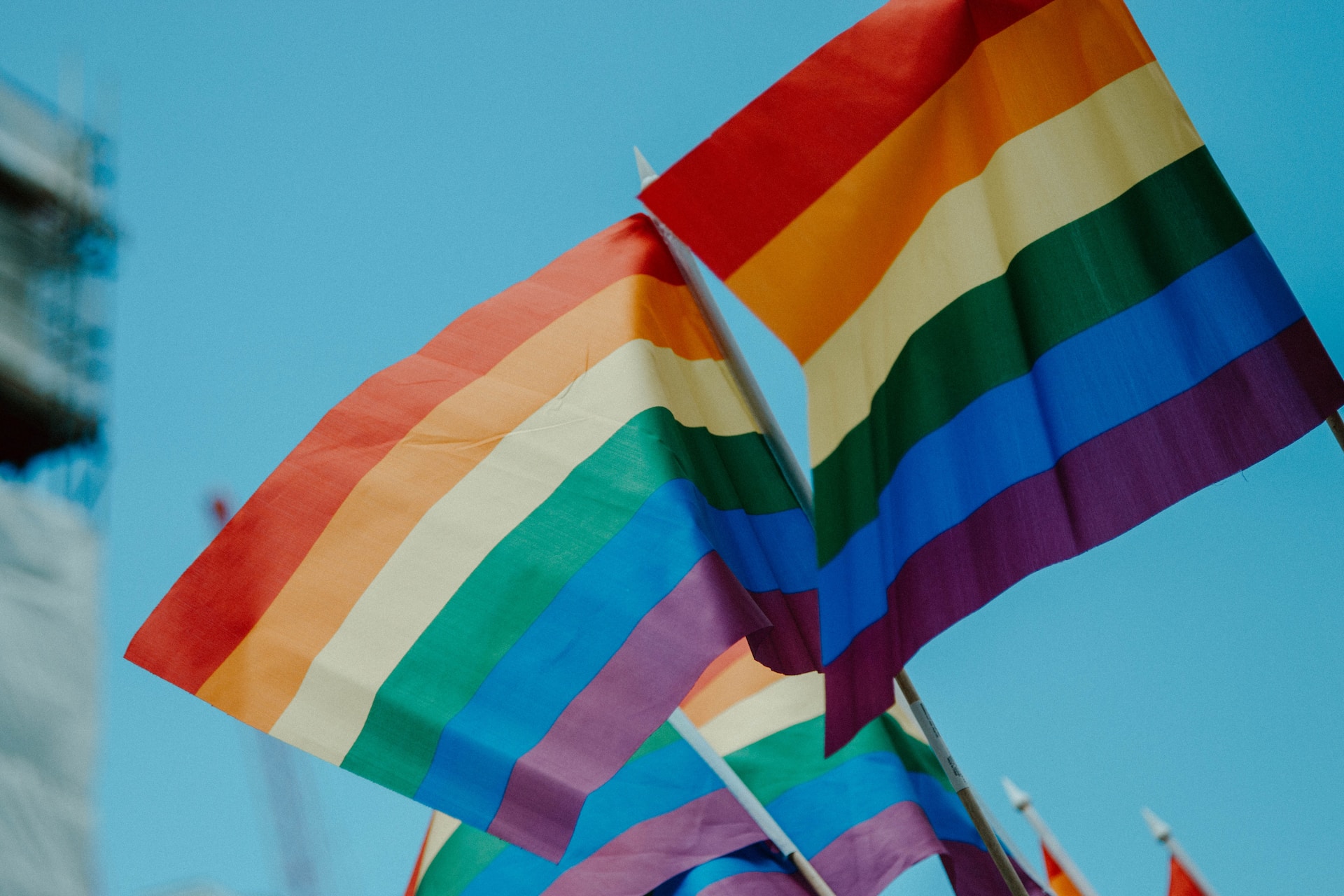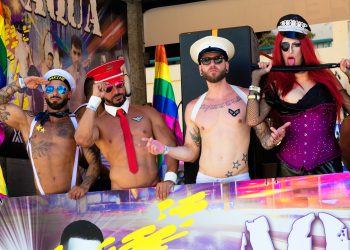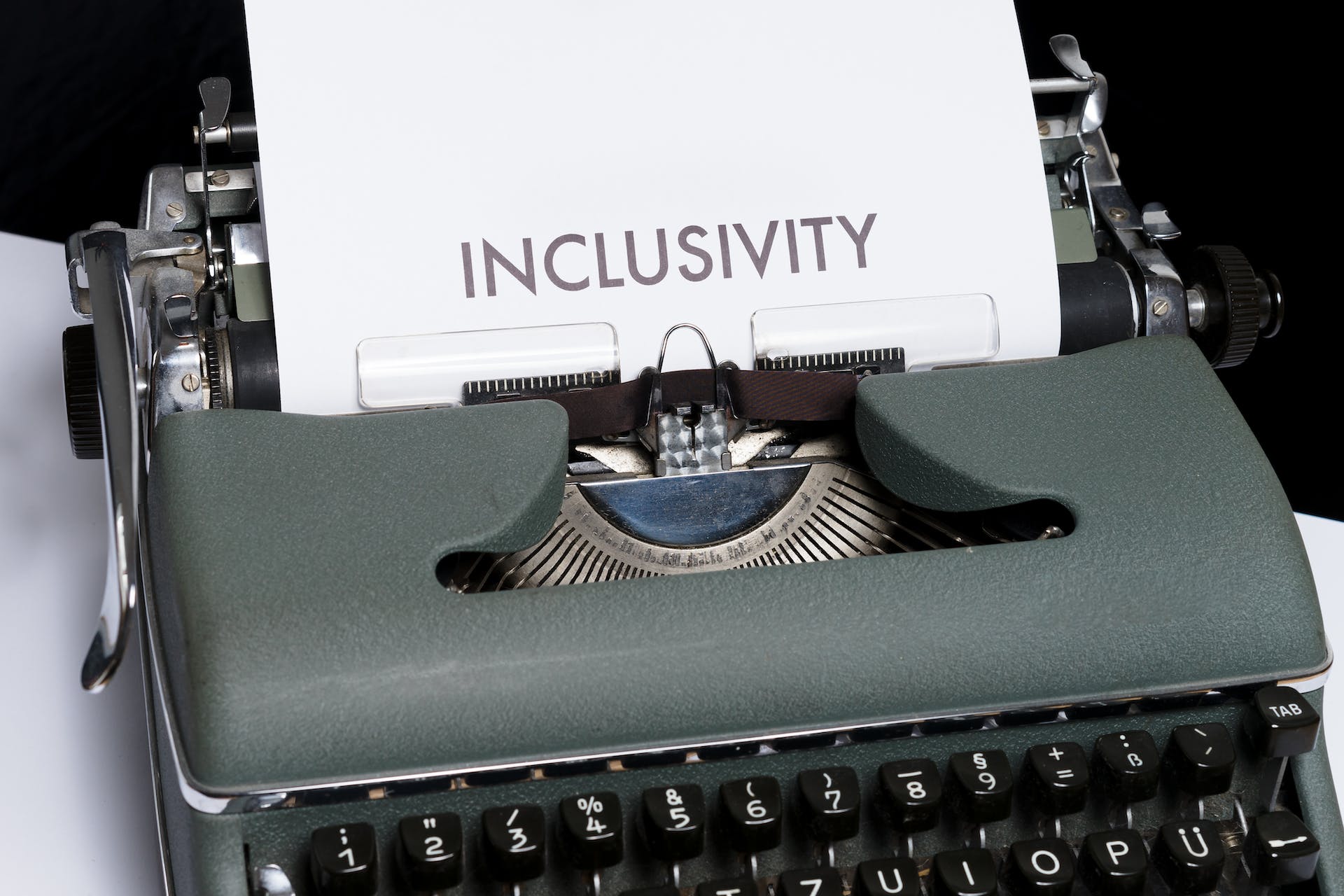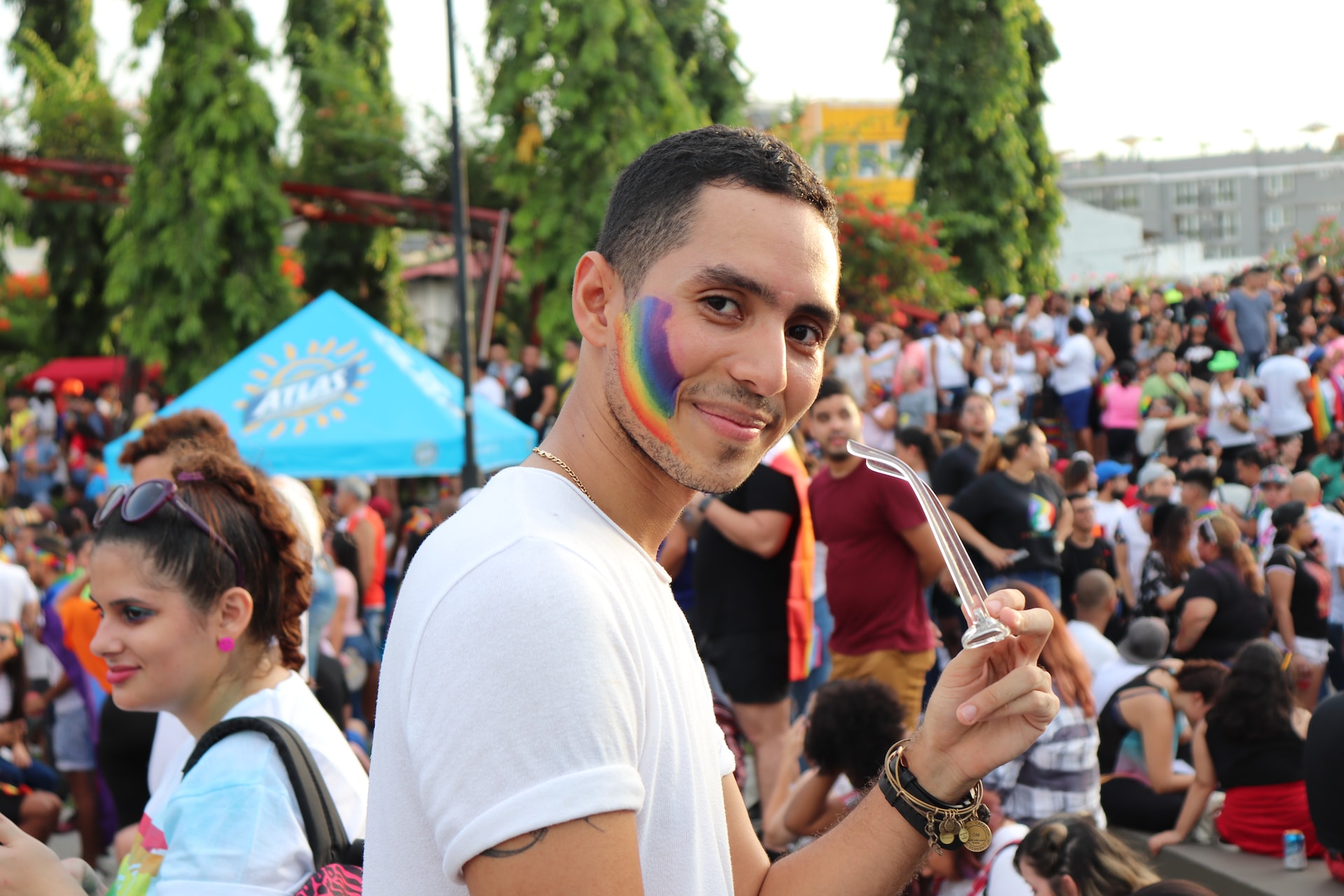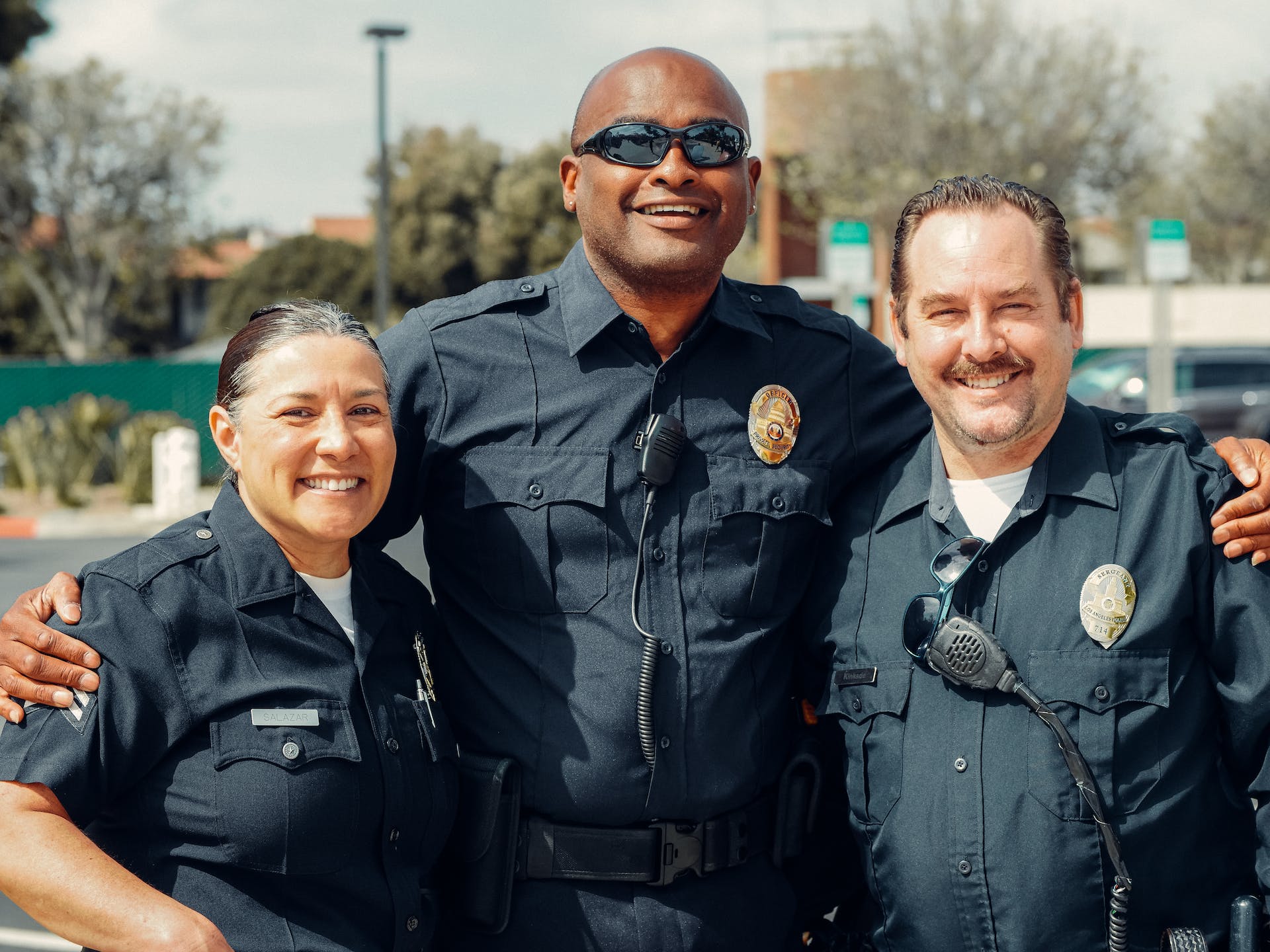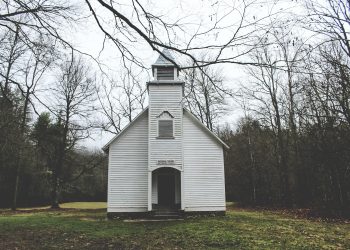NewFest, New York’s prominent LGBTQ film festival, has marked its 35th anniversary with a flourish of cinema that nods both to its rich history and a future full of promise. In the span from October 12th to the 24th, film aficionados congregated in Manhattan and Brooklyn to partake in the celebration and exploration of queer storytelling through the silver screen.
This year’s edition unfurled an impressive lineup including Netflix’s biopic “Rustin” and Searchlight Pictures’ “All of Us Strangers,” underpinning the festival’s growing allure for studios and distributors. It’s a testament to the unique energy and audience reach that NewFest encapsulates.
The festival’s opening night was graced by Emma Fidel’s “Queen of New York,” a fusion of drag culture and New York’s political scene, and it concluded with the world premiere of Daniel Peddle’s “Beyond Aggression: 25 Years Later.” Films like Andrew Haigh’s “We Are All Strangers” and the debut documentary “Orlando: My Political Biography” by Paul B. Preciado have also garnered acclaim, with the latter being hailed as a “trans masterpiece.”
Notably, Todd Haynes’ “May December,” starring Julianne Moore and Natalie Portman, echoes the festival’s ethos by examining the depth of queer narratives. Haynes, a long-celebrated figure at NewFest, was honored with the Queer Visionary Award, reinforcing the festival’s role in championing LGBTQ creatives.
George C. Wolfe’s “Rustin,” with Colman Domingo portraying the gay civil rights activist Bayard Rustin, is particularly poignant, aligning with the 60th anniversary of the 1963 March on Washington. It’s Wolfe’s inaugural feature at the festival, a space shared with other first-time NewFest directors like Jimmy Chin and Elizabeth Chai Vasarhelyi, and Hirokazu Kore-eda, whose films “Nyad” and “Monster” respectively, have attracted global attention.
William Oldroyd’s “Eileen” stands out as a much-anticipated narrative, weaving the tale of two juvenile detention co-workers, portrayed by Anne Hathaway and Thomasin McKenzie, in a complex sapphic storyline.
The festival’s programming ethos, curated under the guidance of Nick McCarthy and David Hatkoff, transcends the transient trends of cinema, seeking instead to present authentic portraits that resonate with a diverse audience. Their approach has not only stabilized NewFest’s financial footing but also expanded its reach and audience.

While the industry faces challenges, from the profitability of film festivals to strikes that could impact future productions, NewFest stands as a beacon of resilience and optimism for the future of queer cinema.
And for those who missed the in-person magic, NewFest35 offers an encore with a virtual award ceremony, available from November 17 to December 28, extending the celebration of queer film excellence.
©unitedradiance.org

